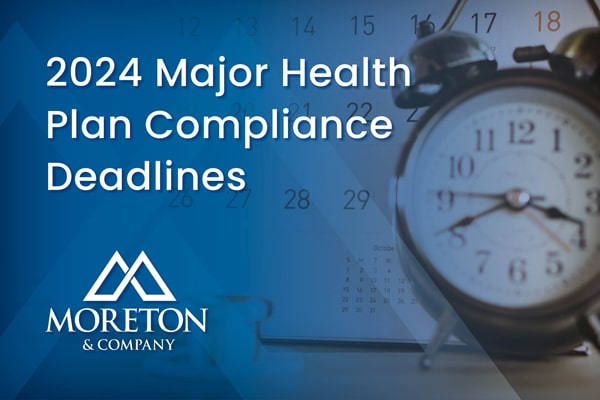
The Importance of
Preventive Healthcare Services
We have learned the importance of preventive medicine on a global scale. When correctly utilized, it can prevent disease, avert devastating health outcomes, and minimize complications after disease onset. Preventive medicine is often taken for granted, especially in Western societies that benefit from fluoridated water systems, functional sanitation services, widespread access to nutritious food, and robust vaccination programs.
The overall objective of preventive medicine is to eliminate disease, either by preventing the chances of disease occurrence or by halting a disease and mitigating the resulting complications after its onset.
Everyone should visit their health care provider annually to:
- Screen for diseases such as high blood pressure, diabetes, and cancer
- Look for future disease risks, such as high cholesterol and obesity
- Discuss alcohol use and safe drinking
- Get tips on how to quit smoking
- Encourage a healthy lifestyle, including healthy eating and exercise
- Update vaccinations
- Maintain a relationship with your provider in case of illness
- Discuss and manage prescriptions and supplements
Another part of preventive health is learning to recognize changes in your body that may not be normal so that you can see your provider as soon as these occur. Changes may include:
- A lump anywhere on your body
- Losing weight without trying
- A lasting fever
- A cough that does not go away
- Body aches and pains that do not go away
- Changes or blood in your stools
- Skin changes or sores that do not go away or get worse
- Other changes or symptoms that are new or do not go away
Access to quality primary care and preventive health services is associated with improved health outcomes and lower costs. The provision of primary and preventive care is a complex and multifaceted process with a focus on improving health outcomes and reducing health disparities for individuals, populations, and communities.
To learn more about preventive health care, check with your medical insurance carrier.
Getting Familiar With Your Benefits
Health literacy is the ability to find, understand, and use information to make health-related decisions. Understanding your health insurance benefits allows you to have the confidence to make healthcare decisions that are best for you and your family. This will also help you to prevent and manage health problems and live a healthier life. Here are some steps that you can take to help you to learn more about your benefits and improve your health literacy:
- Ask questions:
When your doctor or provider gives you information, you may not understand it, and that’s okay. Your doctor is there to answer any questions you have. Explain what parts of the information you’re having trouble understanding, and don’t be afraid to ask all of the questions you have. - Know your healthcare plan:
It’s important to ask questions like, what type of plan do I have? What does my plan cover? What are my benefits? Who is in my network?
You can get answers to these questions by talking with your HR or benefits representative. Knowing exactly what your plan covers and which providers are in your network allows you to make better decisions about how to get the care you or your family need. - Find out how to use healthcare funds:
Your benefits plan may allow you to set money aside in a health savings account or flexible spending account to help cover healthcare costs or other expenses. Your employer may even offer a contribution match, so make sure to check your balance often and be aware of how much you have available to spend. These accounts allow you to save money to put towards things like prescriptions, healthcare expenses, co-pays or coinsurance, office visits, or procedures. Ask your HR representative or benefits representative for more information on these accounts.
– Mental Health Moment –
Mental Health Literacy
Mental health literacy is the knowledge and beliefs that people have about mental health conditions, including their recognition, management, and prevention. Mental health literacy plays an important role in how, when, and where people seek help with mental health conditions. Poor mental health literacy can lead to various health issues including:
- Poor health status
- Higher mortality
- Increased hospital use
- Lower use of preventive care services
So, how can mental health literacy be improved? Here are some tips that we can all take to help improve our own mental health literacy:
- Stigma reduction:
Mental health stigma includes stereotypes, prejudice, and discrimination against those suffering from mental health conditions. When we express stigma towards mental health, it can become a barrier to others seeking help for their mental health.
Aim to support others with their mental health by promoting a hopeful and inclusive environment and offering to help those around us. You may never know what a simple check-up can do for someone! - Suicide prevention education:
There are lots of great resources out there to help you become aware of the signs and symptoms of suicide. Consider learning from the American Foundation for Suicide Prevention or the National Alliance for Mental Health about how you can help those who may be struggling with suicide ideation. - Know what resources are available:
Having knowledge about self-help and professional resources can be a great way to improve your mental health literacy and be a resource to those around you. Talk with your healthcare provider and your HR representative to learn what resources you can use, such as your company EAP or the 988 Crisis and Suicide Prevention Hotline.


